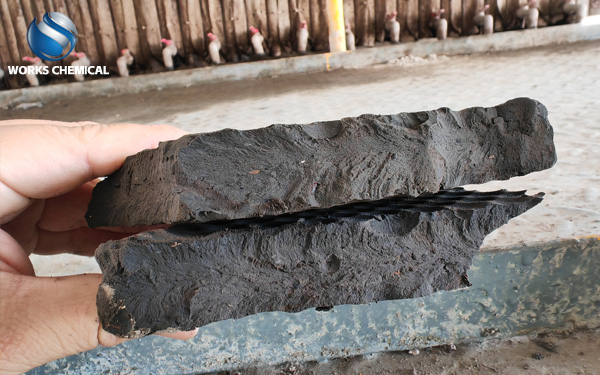
The effectiveness of municipal wastewater sludge treatment agents is affected by many factors, including the treatment site, water species, organic concentration and target pollutants, so it is difficult to generalize which agent is best to use. In general, you can try to use some common treatment agents, such as inorganic polymer coagulants, organic polymer flocculants, cationic polyacrylamide, etc.

Inorganic polymer coagulants, such as polyaluminum chloride and polyferric sulfate, are commonly used as sludge treatment agents for municipal wastewater. They can remove raw water turbidity, chroma and other sensory indicators, can also remove a variety of toxic and harmful pollutants, is an important way of pretreatment and intermediate treatment.
Organic polymer flocculants, such as polyacrylamide, can be used as coagulants or sludge conditioners in sludge treatment. It is mainly used for flocculation settlement and sludge dewatering through electrostatic neutralization and adsorption bridging.
Cationic polyacrylamide is widely used in municipal sludge dewatering treatment, which can neutralize the charge of sludge particles, increase cohesion, and separate water from the surface of sludge particles.
In the selection of treatment agents, it is also necessary to determine the dosage of various drugs according to the composition and concentration of incoming water through small sample tests to ensure that the water quality after treatment achieves the desired effect. At the same time, drug storage, equipment inspection, lubrication inspection and other dosing precautions also need to be paid attention to.